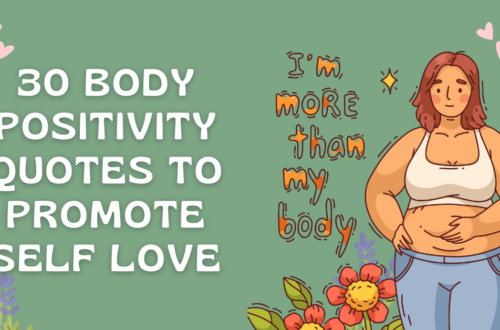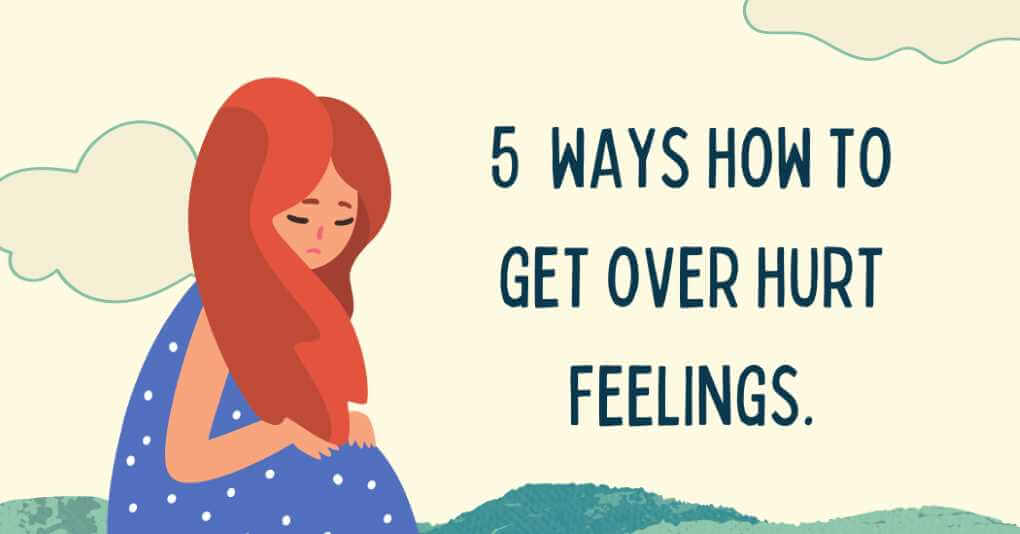
5 Ways How To Get Over Hurt Feelings
At some point in our lives, we all experience hurt, whether from a broken relationship, disappointment, betrayal, or even a minor disagreement. Whatever the cause, the pain can be intense and overwhelming, leaving us feeling lost, confused, and vulnerable.
We will explore effective ways to cope with emotional pain and start healing. From practicing self-care and seeking support to finding forgiveness and letting go, these strategies can help you find the strength and resilience you need to heal and grow.
Personally, after a conflict, there’s nothing worse for me than feeling angry, hurt, and helpless. These are some steps I usually take to heal, find peace, and start to move on. I want to note that not all of these steps are applicable in situations involving abuse.
How To Get Over Hurt
1-Let go of defensiveness & blame
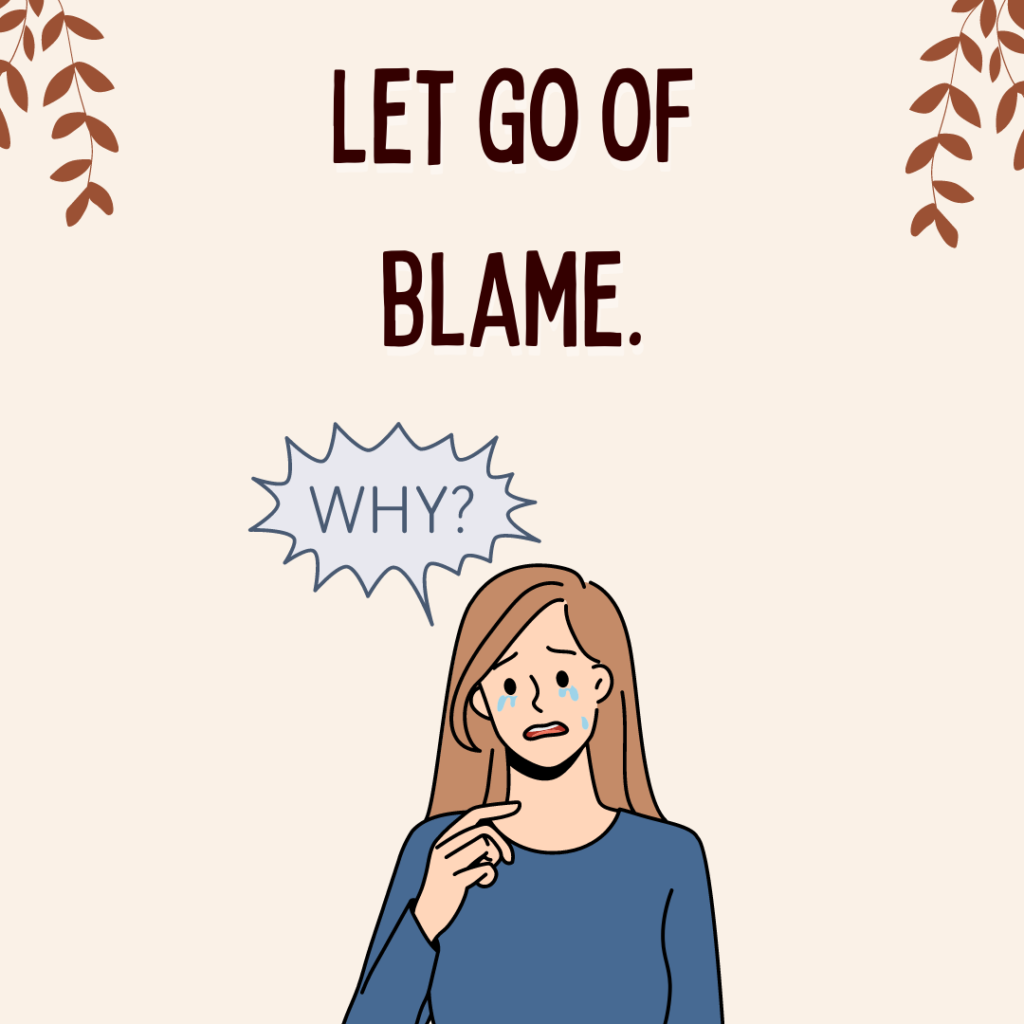
Healing from Hurt Feelings or emotional pain requires letting go of defensiveness and blame. The tendency to defend ourselves or blame others for our pain is natural when we feel hurt. It is often the case that these feelings are only harmful to others and your recovery. Those things prevent you from understanding the other person’s perspective or learning what you can do better next time. The act of blaming removes all responsibility from you and makes you powerless.
Getting rid of defensiveness and blame will open you up to new perspectives, growth opportunities, and greater peace and happiness. It’s not always easy to let go of these patterns, but with practice and mindfulness, it is possible to break free from them and move towards a more positive and fulfilling life.
The truth is, unless you let go, unless you forgive yourself, unless you forgive the situation, unless you realize that the situation is over, you cannot move forward.
Steve Maraboli
2-Recognize your part in the conflict and take accountability
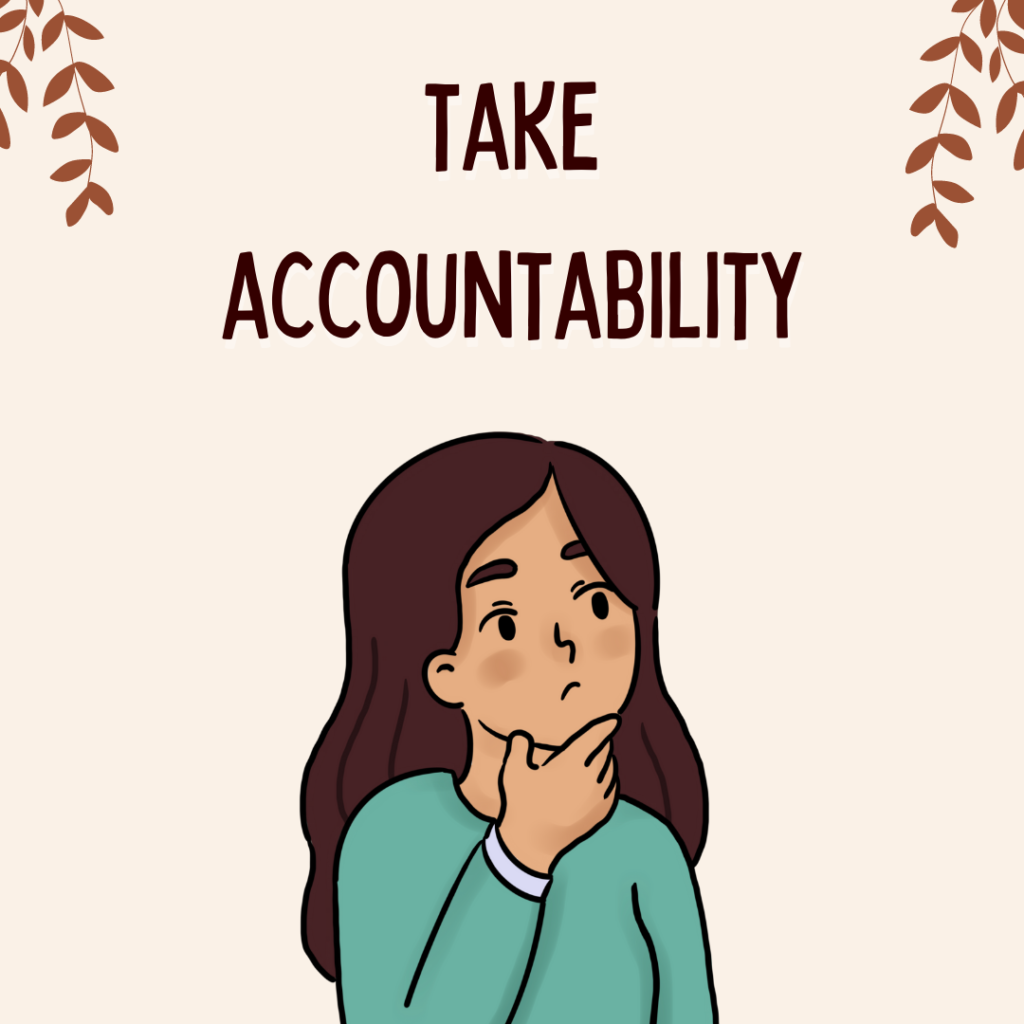
When we experience hurt, it’s easy to place the blame solely on the other person involved in the conflict. However, it’s imperative to recognize that we may have played a part in the problem. Taking accountability for our actions and acknowledging our role in the conflict can be difficult but a necessary step towards healing.
As long as we accept responsibility for our mistakes, we can make positive changes and learn from them. It can also help to rebuild trust and repair damaged relationships. Accepting responsibility, apologizing, and owning up to mistakes are signs of strength and maturity. It is possible to break the cycle of passive aggression, avoidance, and lashing out by responding rather than reacting.
“Wisdom stems from personal accountability. We all make mistakes; own them… learn from them. Don’t throw away the lesson by blaming others.”
Steve Maraboli
3- Expand your perspective. Ask yourself
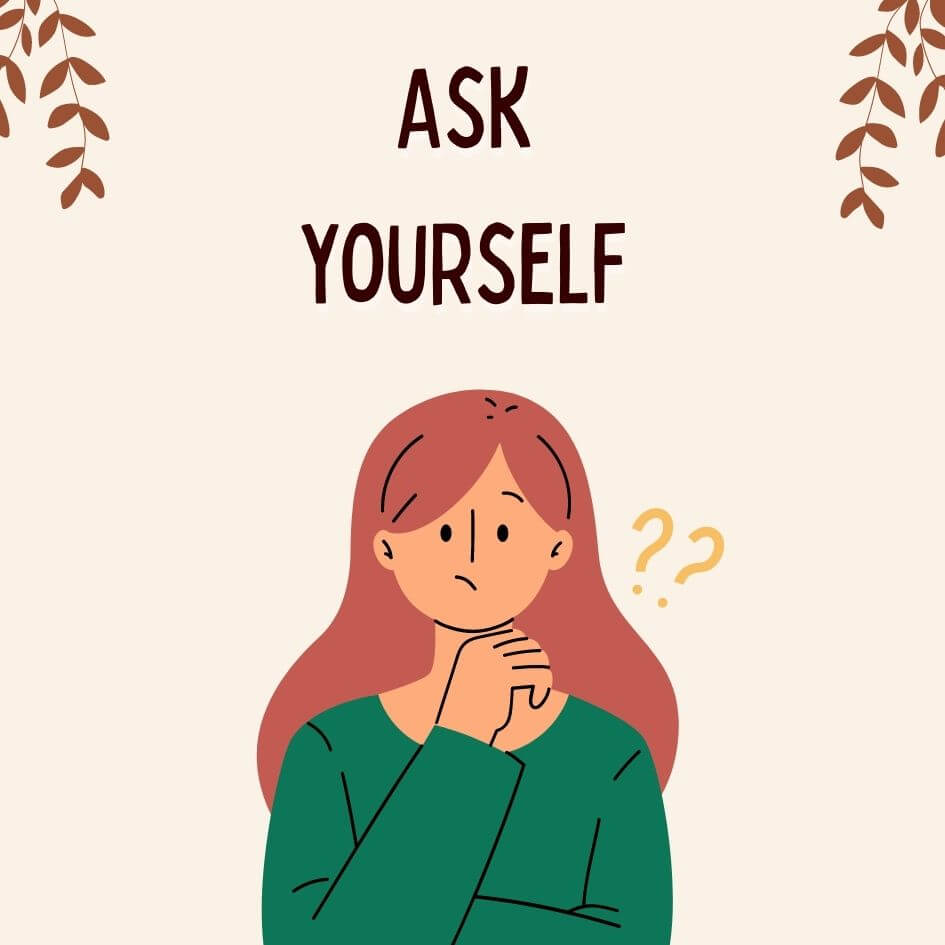
Expanding your perspective can be a powerful way to heal when you feel hurt. Often, when we’re in emotional pain, our thoughts and feelings can feel overwhelming and all-consuming. We may get stuck in negative thinking patterns and struggle to see a way out.
Asking yourself open-ended questions that challenge your perspective can help you gain new insights and shift your focus towards more positive and productive thoughts.
What was the other person’s intention?
What may have influenced their behavior?
Are any reactions influenced by past trauma/experience?
By opening yourself up to different perspectives, you can start to see the bigger picture and move toward healing and growth.
4-Acknowledge and honor your feelings
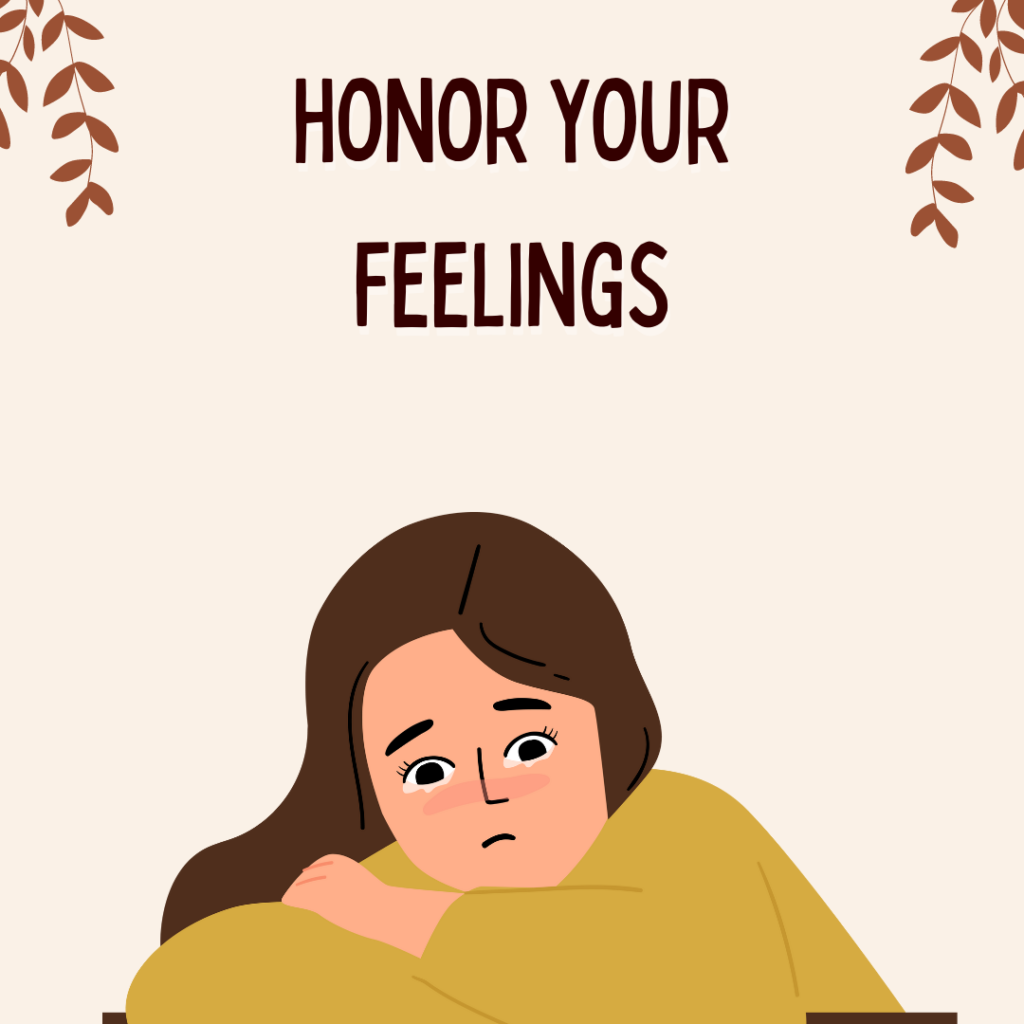
When you are hurt, allow yourself to feel everything, the first step in the healing process is to recognize and respect your emotions. After suffering through a painful experience, people experience different emotions, including sadness, anger, and disappointment.
I think it’s essential to acknowledge these emotions and give them the room they require rather than attempting to ignore or suppress them. It entails letting yourself experience the feelings without criticizing them.
Acknowledging your feelings also entails taking the time to consider what caused your emotions and why you feel the way you do. By doing this, you can start the process of healing and growth and come to a greater understanding of who you are and what you need. Keep in mind that your emotions are real.
” The emotion that can break your heart is sometimes the very one that heals it. “
Nicholas Sparks
5-Practice forgiveness for yourself and others
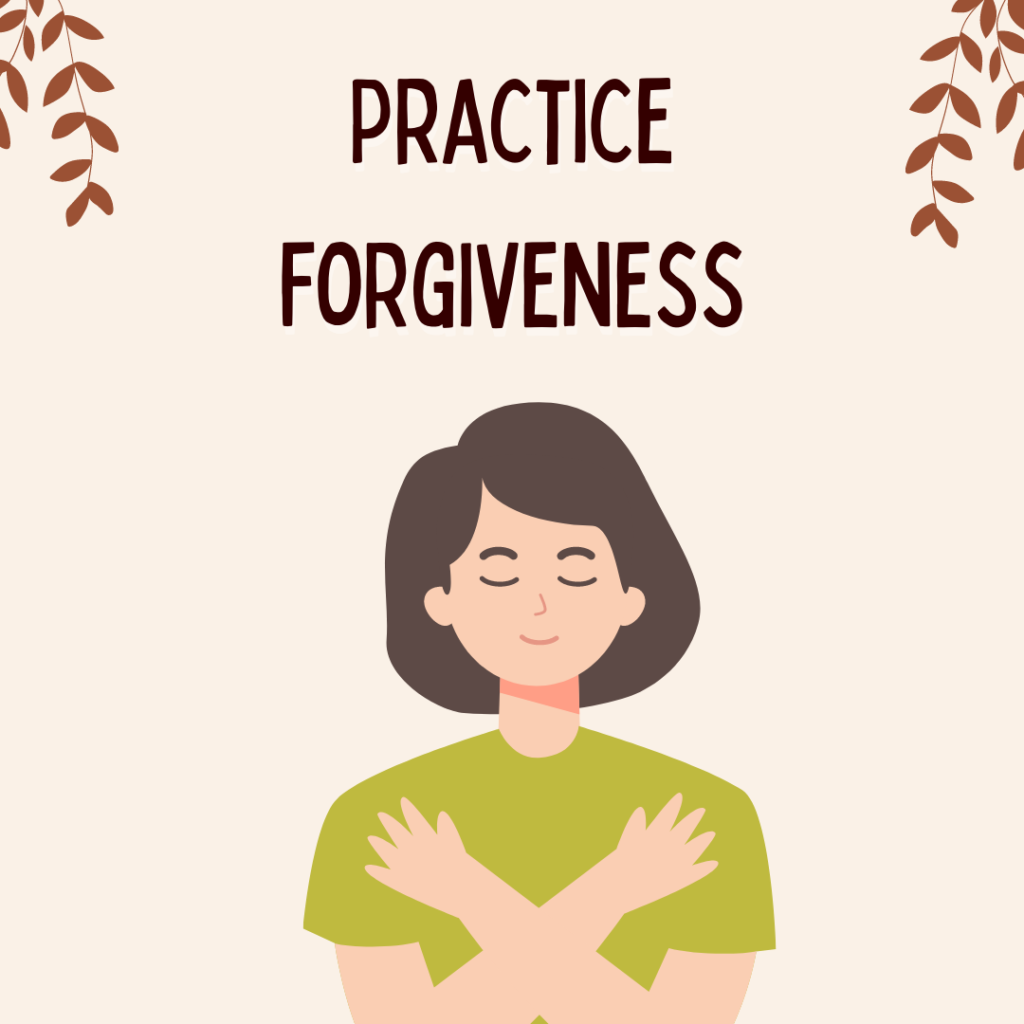
how do you get over hurt feelings? Forgiveness enables us to let go of our emotions of resentment and anger so that we can move on peacefully. Regardless of the difficulty, try to be forgiving and wish others well. Being kind to yourself and forgiving yourself first is always so beneficial.
How to Heal Yourself
Please remember that healing is a process, and it may take some time. Be patient and kind to yourself as you navigate the journey. With the proper support and strategies, you can overcome emotional pain and find peace and happiness once again.
Useful Links


